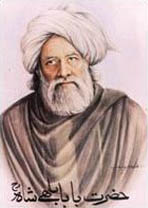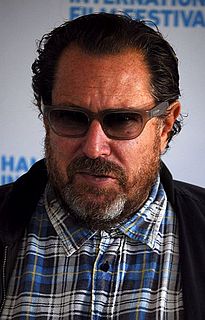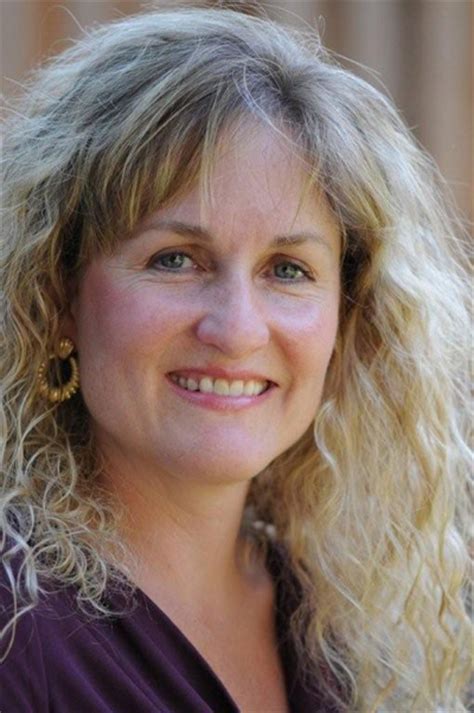A Quote by Paul Halmos
Don't just read it; fight it! Ask your own question, look for your own examples, discover your own proofs. Is the hypothesis necessary? Is the converse true? ... Where does the proof use the hypothesis?
Related Quotes
You discover your true faith when you start flowing with your conscience. After lessons, visions, and theories validate themselves to you, you build faith in that hypothesis/ feeling/ idea that originated from your own heart and mind - not that of others. Before you submit to any one religion, create your own and find which one out there resonates closest with the one already in your heart. This is the way to choose your faith.
You go out into the world, you read everything you can read, you imitate the things you love, and you learn how hard it is to do. Eventually, you learn your own vision of the world, you learn your own voice and how to hear it, and you learn to write your own work. Writers today have as many opportunities as my generation did, but they don't see the examples as clearly as we did.
If you're really going to uncover something as an artist, you're going to come into access with parts of your personality and your psyche that are really uncomfortable to face: your own ambition, your own greed, your own avarice, your own jealousies, and anything that would get in the way of the purity of your own artistic voice.
The key to your happiness is to own your slippers, own who you are, own how you look, own your family, own the talents you have, and own the ones you don't. If you keep saying your slippers aren't yours, then you'll die searching, you'll die bitter, always feeling you were promised more. Not only our actions, but also our omissions, become our destiny.
It's your life - but only if you make it so. The standards by which you live must be your own standards, your own values, your own convictions in regard to what is right and wrong, what is true and false, what is important and what is trivial. When you adopt the standards and the values of someone else . . . you surrender your own integrity. You become, to the extent of your surrender, less of a human being.
All the great masters in the world have been saying only one thing down the centuries, "Have your own mind and have your own individuality. Don't be a part of the crowd; don't be a wheel in the whole mechanism of a vast society. Be individual, on your own. Live life with your own eyes; listen to music with your own ears." But we are not doing anything with our own ears, with our own eyes, with our own minds; everything is being taught, and we are following it.







































